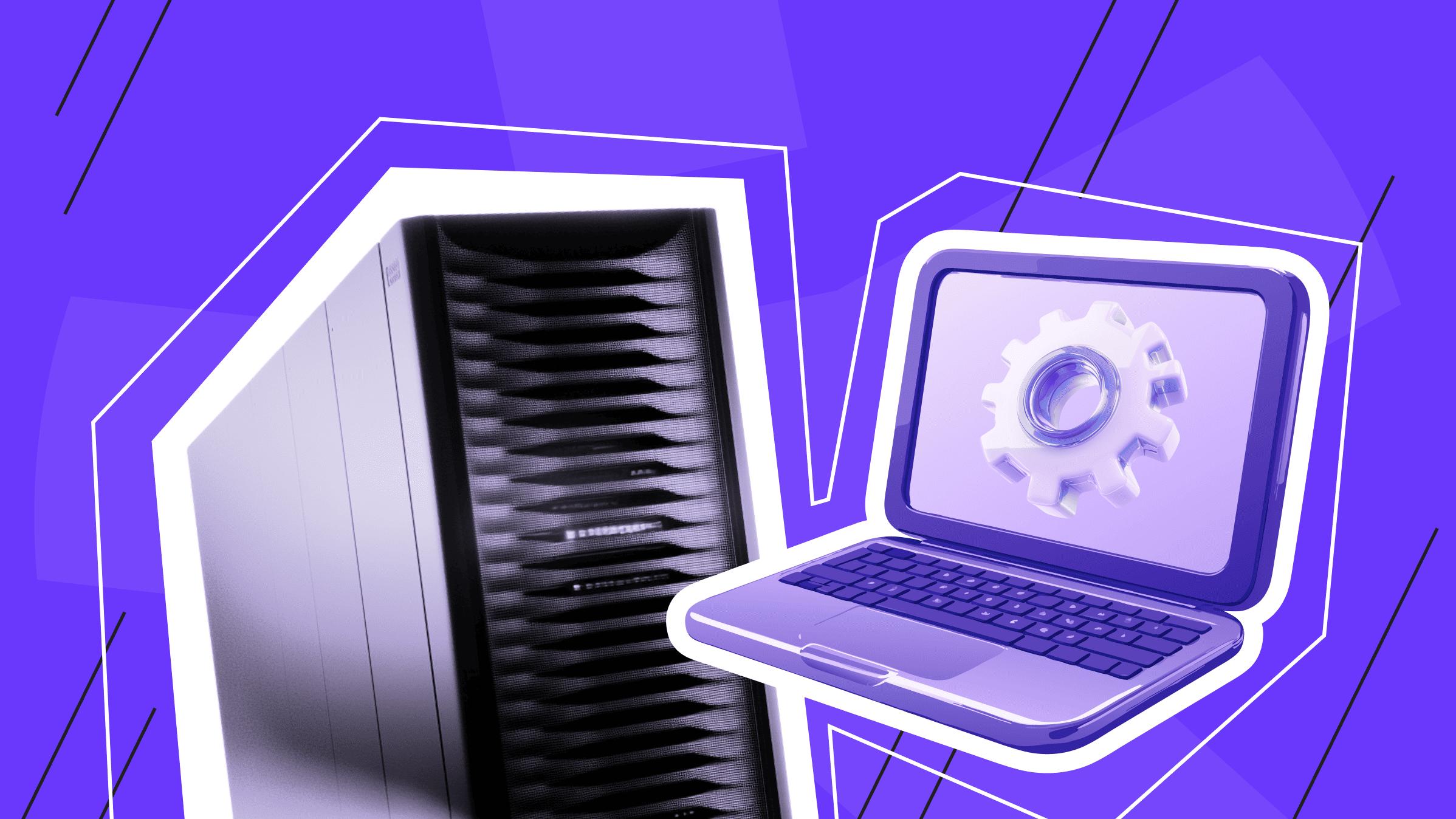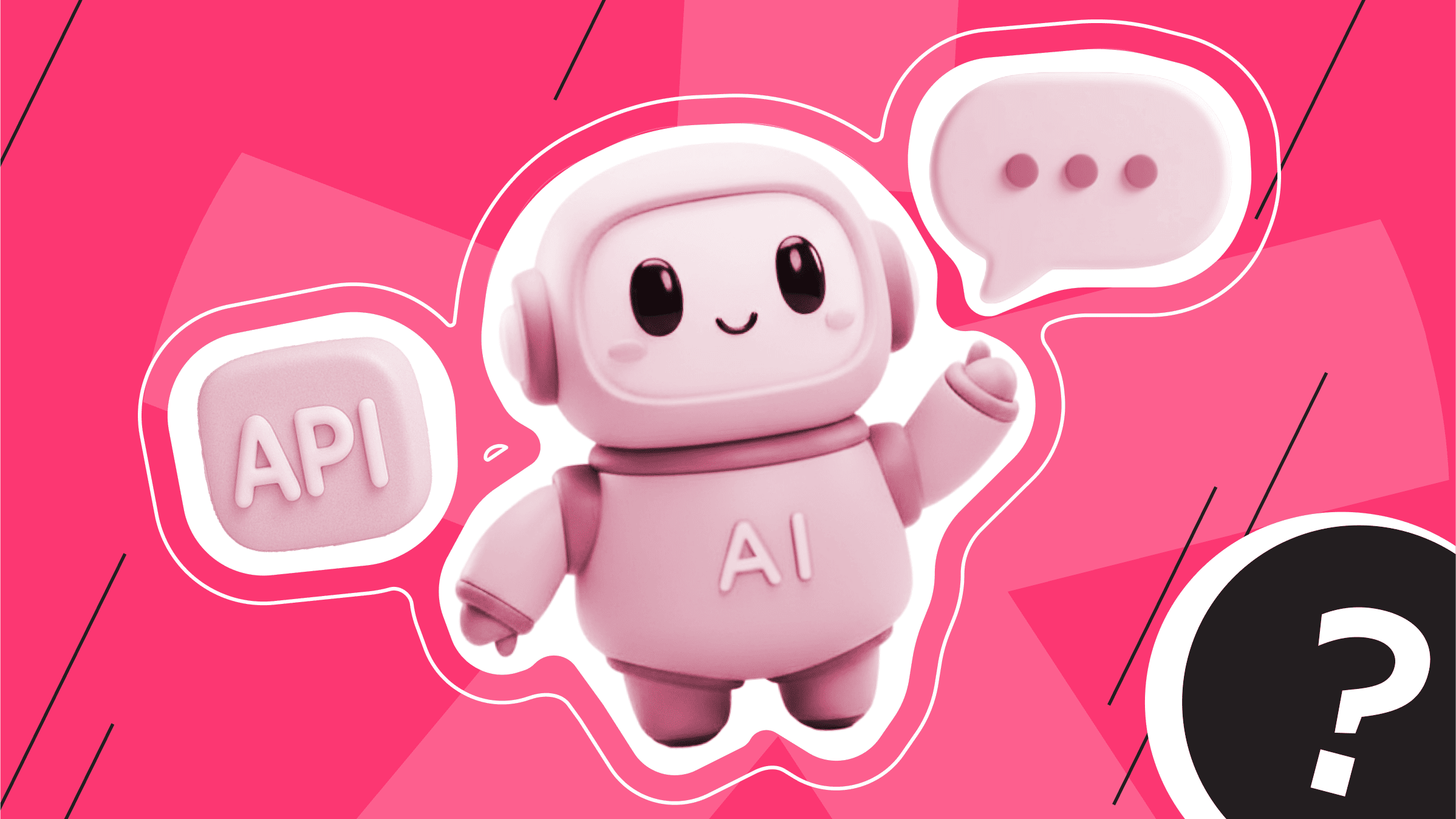
The rise of artificial intelligence is transforming DevOps — not just by adding new tools, but by reshaping how teams build, deploy, and maintain modern applications. While DevOps has long emphasized speed, collaboration, and automation, the addition of AI introduces smarter decision-making, anomaly detection, and automated remediation into workflows.
Whether you're running a small project on a VPS or managing large-scale enterprise infrastructure, AI can improve how you build, secure, and monitor your systems.
This guide highlights seven leading AI-powered tools that streamline software delivery, enhance security, and optimize performance. From developers to DevOps engineers and team leads, these solutions can help reduce toil and accelerate innovation.
Here’s what we’ll cover:
- GitHub Copilot
- Snyk
- Harness
- Datadog
- PagerDuty
- Dynatrace
- Sysdig
Let’s explore how each tool supports automation, security, monitoring, and resilience in DevOps environments.
The Role of AI for DevOps Technologies

AI technologies hold immense potential to transform the software development lifecycle (SDLC) by automating routine tasks like anomaly detection and performance optimization. Here’s a look at AI’s influence on DevOps practices.
Continuous Integration and Continuous Deployment
AI for DevOps streamlines and optimizes continuous integration and continuous deployment (CI/CD) pipeline executions by reducing build failures caused by manual effort and deployment time. It also automates test case generation and execution, ensuring thorough testing and improving software quality.
Example Tools: GitHub Copilot, Jenkins with ML-based optimizations, Harness AI.
Automated Code Review and Quality Assurance
AI is transforming code review in DevOps by enabling tools that generate, analyze, and improve code automatically. DevOps tools with AI generate code snippets, templates, or even entire programs. They diagnose errors, saving developers time and allowing them to focus on more complex tasks such as orchestrating applications, maintaining vulnerability, and style consistency.
These AI for DevOps-driven code generation and review tools automate tasks such as code deployment, testing, and monitoring, leading to more secure and maintainable codebases and ensuring resilience for software projects. AI code review should not replace human expertise entirely. As developers, you still need to understand the context and intent behind the code. DevOps tools with AI serve as valuable assistants, enhancing our capabilities rather than replacing our judgment.
Example Tools: DeepCode, Codacy, Amazon CodeGuru.
Intelligent Monitoring and Incident Management
AI tools for DevOps have introduced a new approach to testing and quality assurance in DevOps. They can analyze system logs in real time, helping optimize cloud infrastructure management. AI for DevOps detects anomalies and predicts potential failures, enabling proactive maintenance. Its ability to rapidly analyze vast amounts of data reveals information that would take much longer for humans to find. This results in faster development cycles, quicker deployment times, and a more agile and responsive development process. DevOps tools with AI also help minimize downtime by predicting and mitigating failures.
Example Tools: Datadog, New Relic, Dynatrace.
Infrastructure as Code Optimization
AI for DevOps supervises the automation of infrastructure provisioning and detection of misconfiguration in Infrastructure as Code (IaC). AI reviews code to identify various patterns, leading to a more optimized development process. They enhance resource management by optimally allocating resources based on usage patterns.
Example Tools: Terraform with AI-based recommendations, Pulumi AI.
Security and Compliance Automation
Data privacy and security represent significant challenges in AI for DevOps, given its dependence on extensive datasets for analytical tasks, including the safeguarding of personal information, which is a key priority. To tackle these issues, organizations commit to maintaining exceptional data quality through accurate labeling, implementing robust security protocols, and establishing explicit data usage policies.
DevOps tools with AI play a pivotal role in detecting and addressing security threats instantaneously, bolstering the overall security framework. These tools can pinpoint vulnerabilities and facilitate automated responses to threats. Additionally, self-hosted AI for DevOps tools provides a strategic benefit by retaining sensitive data within a secure, internal environment. This reduces the risks associated with transferring data to external servers and helps protect your hard drive data against breaches.
Example Tools: Aqua Security, Snyk, Lacework.
Top 7 AI-Powered Automation Tools for DevOps

These tools cover different parts of the DevOps lifecycle, from writing code and managing pipelines to monitoring infrastructure and automating incident response. Each one uses AI to eliminate manual work, reduce risk, and give teams more time to focus on what really matters: building great software.
1. GitHub Copilot — AI for Writing and Automating DevOps Code

GitHub Copilot, powered by OpenAI Codex, serves as an intelligent programming assistant, helping developers write scripts and automation configurations. It excels at generating IaC scripts, YAML files, Terraform templates, Ansible configurations, and more.
Key Features:
- Auto-generated code snippets for Kubernetes, Ansible, and Docker.
- Suggests optimizations for IaC scripts.
- Reduces manual errors in CI/CD pipeline configurations.
Use Case:
GitHub Copilot is more than just an AI assistant — it significantly improves both the developer experience and performance. Surveys show that 60–75% of users feel more satisfied with their work, less frustrated, and more focused on meaningful tasks when using Copilot. It also helps conserve mental energy: 73% of developers say it keeps them in flow, while 87% report reduced cognitive load during repetitive work.
Beyond well-being, Copilot delivers measurable productivity gains. In a recent study, developers using Copilot completed programming tasks 55% faster than those without it, finishing in just 1 hour and 11 minutes on average, compared to 2 hours and 41 minutes. They also had a higher task completion rate: 78% vs. 70%. These improvements are statistically significant and backed by a 95% confidence interval, demonstrating that Copilot isn't just helpful — it's transformative.
There are many tools available for macOS users to enhance their work efficiency. You can learn more about them in the article: Top 13 Best Tools for macOS Developers.
2. Datadog APM — AI-Powered Observability and Monitoring

Datadog leverages DevOps tools with AI and integrates with CI/CD pipelines to detect anomalies in application performance, correlate logs, and optimize microservices monitoring. By analyzing logs, metrics, and traces in real-time, Datadog can identify slow builds, failed tests, and bottlenecks in deployment workflows, ensuring smoother deployments and minimizing rollback rates.
Key Features:
- Performs distributed tracing from browsers to backend services and databases.
- Uses Bits AI to query data, streamline remediation, and prevent future issues.
- Offers turnkey integrations with SAP, Active Directory, Git, and more.
- Builds interactive dashboards with real-time data.
Use Cases:
Birdie, a healthcare platform, leverages Datadog's Real User Monitoring to monitor the effect of code changes, leading to an 80% enhancement in mobile app performance.
Devsisters, a game developer, saw 10x traffic growth and depended on Datadog to scale monitoring automatically within 10 minutes, avoiding downtime and improving user experience.
Toyota Motor North America enhanced its cloud ecosystem with Datadog, streamlining feature delivery and shortening troubleshooting by hours, resulting in quicker and safer deployments.
3. Harness — AI-Powered Continuous Delivery

Harness is an AI for DevOps for a continuous delivery platform that automates deployments using Smart Verification while providing insights about deployment risks. Its DevOps tools with AI help evaluate historical deployment data to suggest optimal strategies.
Key Features:
- Allows cloud-native deployment without the need for scripting.
- Automatically verifies and troubleshoots failed deployments.
- Integrates with GitHub, Bitbucket, GitLab, Azure Repos, and more.
- Supports building for any architecture in any language.
Use Cases:
Harness's AI for DevOps deployment verification tool greatly improves system reliability by automatically identifying anomalies in metrics and logs after deployment, allowing for instant rollbacks when needed. For example, Single Digits cut deployment times from 6 hours to 20 minutes, saving $108,000 per year in deployment time.
Likewise, Jobvite cut deployment times by 90%, from 27 minutes to 2 minutes.
These examples show how AI for DevOps platforms such as Harness simplifies deployment procedures, resulting in significant cost savings and enhanced operational efficiency.
Bare Metal Server
Pure hardware performance at your command. No virtualization, no overhead — just a physical server for high-load applications, custom configs, and absolute control.
4. AWS CodeGuru — AI for Code Optimization

AWS CodeGuru leverages DevOps tools with AI to analyze code quality and detect inefficiencies, optimizing performance for better CI/CD workflows.
Key Features:
- Upload your code, and CodeGuru automatically displays a list of recommendations.
- Supports Java, JavaScript, Python, C#, TypeScript, and IaC languages.
- Integrates with GitHub, GitLab, Bitbucket, and several AWS products.
- Automatically closes fixed bugs in your tracking system.
Use Case:
EagleDream Technologies partnered with a major airline tech company to prepare their platform for a 5x traffic spike. When the system unexpectedly scaled to over 80 servers and maxed out database replicas, EagleDream used Amazon CodeGuru Profiler to quickly detect and fix performance bottlenecks in a Java-based app — all with minimal code changes and seamless Jenkins integration.
Through code-level optimizations, the team reduced the application's compute load by 30%, delivering a faster, more efficient system while helping the customer save on infrastructure costs.
5. Snyk — AI-Powered Security for DevOps

Snyk uses AI for DevOps to detect security vulnerabilities in code and open-source dependencies.
Key Features:
- Snyk Code adjusts your code for vulnerabilities in real time.
- Offers IaC tools to fix cloud misconfigurations.
- Offers container and Kubernetes security.
- Snyk Open Source performs software composition analysis for easier risk management.
Use Case:
Komatsu adopted Snyk Open Source and Snyk Code to create a single pane of glass for security and seamlessly integrate vulnerability scanning into existing CI/CD pipelines. After switching to Snyk, the company achieved scan times twice as fast as their previous solution and improved their overall application security risk posture by 28% within six months. Most notably, they reduced the mean time to fix vulnerabilities by an impressive 62% in just three months.
6. PagerDuty — AI-Driven Incident Response

PagerDuty uses DevOps tools with AI to classify incidents, reduce alert fatigue, and accelerate response times. This digital transformation solution supports everything from process automation to customer service. AI for DevOps tools automates provisioning, access management, and project post-mortems.
Key Features:
- Uses DevOps tools with AI to write status updates.
- Consolidates related alerts into single incidents for faster remediation.
- Employs a service-based approach ideal for prioritizing customer-facing issues.
- Centralizes incident response with context, runbook information, and remediation information.
Use Case:
With the integration of Jeli (now PagerDuty Incident Analysis), the Zendesk team significantly improved its incident management and post-incident retrospectives. They reduced incident analysis time by nearly 80%, completely eliminating manual investigation processes. This freed up valuable time for identifying root causes and driving meaningful improvements.
Additionally, retrospective attendance increased by 25%, with engagement reaching an all-time high. The Jeli-powered segment of their retrospectives consistently sparks productive conversations and leads to actionable outcomes.
7. Sysdig — AI for Container Security and Compliance

Sysdig offers AI-powered DevOps tools and cloud security solutions that focus on cloud detection and response, vulnerability management, and permissions. It leverages AI-driven insights to detect runtime threats, analyze vulnerabilities, and enforce security policies in containerized environments.
Key Features:
- Sysdig Monitor analyzes the cloud and Kubernetes environments with a managed Prometheus service.
- Provides dashboards that show all potential risks to understand your risk posture.
- Uses AI runtime insights to prioritize and mitigate risks, creating a more manageable process for development and operations teams.
- The Cloud Attack Graph lists real-time threats so teams can take immediate action.
Use Case:
Automox, a leader in endpoint management, turned to Sysdig Secure after struggling with excessive false positives and limited visibility in Kubernetes environments using traditional endpoint detection and response tools. By adopting Sysdig, the team reduced false positives by 80%, accelerated vulnerability response by 30%, and deployed critical threat detection rules in under two hours.
Conclusion
The integration of AI into DevOps isn't just a trend — it's quickly becoming the norm. By leveraging intelligent automation, teams can speed up software delivery, reduce manual overhead, and enhance system resilience. Tools like GitHub Copilot, Snyk, Harness, and PagerDuty prove that AI is capable of streamlining workflows and improving outcomes across the development lifecycle.
If you're just starting your journey, begin with one or two tools that address your current pain points, such as AI-assisted coding or automated vulnerability scanning. As your needs evolve, layering multiple AI tools will unlock more profound insights and more intelligent operations.
The future of DevOps isn’t just fast — it’s intelligent.
Looking to experiment with these tools? Start by deploying your project on a secure and flexible VPS. Then, integrate the right AI tool to enhance automation, security, or observability. The sooner you begin testing, the quicker you’ll see real-world benefits.
VPS
Choose a suitable configuration and enjoy all the benefits of a virtual private server.
From $5.00/mo

